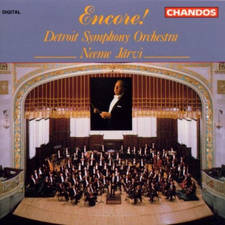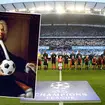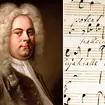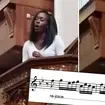Is the Champions league song the same as Handel’s Zadok the Priest?
31 May 2024, 11:40 | Updated: 31 May 2024, 11:56

King Charles’ coronation, which was brimming with British anthems including Handel’s ‘Zadok the Priest’, brought about a conundrum: “why is the Champions League music playing?”.
Listen to this article
Handel’s ‘Zadok the Priest’ is a triumphant 18th-century anthem with royal ties to the British monarchy.
Despite Handel having been born in Germany, the composer was later naturalised as a British citizen in 1727, 15 years after moving to London where he wrote many of his most famous works.
In the same year he was naturalised, Handel wrote ‘Zadok the Priest’ to be a patriotic British anthem, and the work has been performed at every British coronation, prior to the anointing of the monarch in question, since its composition.
However, after the Coronation of King Charles III – which thanks to its popularity during the ceremony saw ‘Zadok the Priest’ enter the Top 40 Singles Chart – some audience members confused the almost 300-year work with the anthem for the UEFA Champions League.
Read on to learn about the similarities and differences between the two compositions.
Read more: Every piece of music at King Charles’ coronation service at Westminster Abbey

'Zadok the Priest' - Handel - the Royal Scottish National Orchestra | Classic FM
Are Zadok the Priest and the Champions League theme the same piece of music?
In simple words, no.
While the UEFA Champions League Anthem was adapted from Handel’s iconic coronation theme, there are differences between the two works written 265 years apart.
In 1991 on the creation of the European Cup (which would later be renamed the UEFA) the league sort out an innovative way to brand their football competition. Their answer was to write a musical theme to accompany the start of each match, and they hired British composer Tony Britten to do just this.
Trained at both Trinity College of Music and the Royal College of Music, Britten was no stranger to the works of Handel, and decided to base his new football anthem off of a rising string motif found in the German-British composer’s 1727 work.
Britten told the Croydon Advertiser in 2013, “It has a kind of Handelian feel to it but I like to think it's not a total rip-off”.
Read more: What is the Champions League music and what are the lyrics to the football anthem?

Classic FM's 20th Birthday Flashmob | Classic FM
During the 90s classical music found an unexpected place in the world of football. In 1990, operatic superstar group The Three Tenors sung a range of renowned works including ‘Nessun Dorma’ at a World Cup Concert the night before the final in Rome.
The image of three opera singers performing at such a large football event was a juxtaposition to the hooliganism associated heavily with the sport at the time, and other football organisations were keen to benefit from this new musical connection.
This explains Britten’s choice of musical basis, as the grandeur and majesty of Handel’s ‘Zadok the Priest’ brings that same thrilling juxtaposition to the football competition.
Read more: The best classical football songs
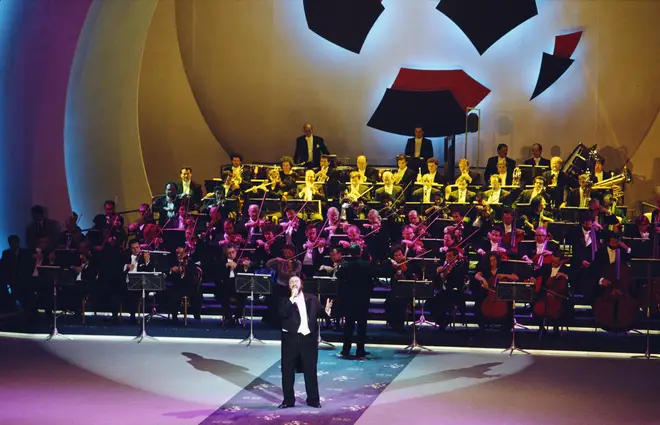
Do Handel’s ‘Zadok the Priest’ and the UEFA Champions League Anthem have the same lyrics?
Though both works have a number of musical similarities, perhaps the lyrics are the piece’s greatest difference.
While Handel’s ‘Zadok the Priest’ takes its lyrics from the Bible passage 1 Kings 1:38-48, which describes the anointing of King Solomon (explaining the choice behind the position of Handel’s work during the British coronation ceremony), the UEFA’s lyrics are somewhat more secular.
They are also written in a mix of the UEFA’s three official languages; French, German and English.
At some final matches of the UEFA, a special live arrangement of the work is performed (watch one featuring 2CELLOS below).
Read more: What are the lyrics to Handel’s ‘Zadok The Priest’, the coronation favourite?

2CELLOS performance at the 2018 UEFA Champions League Final
What are the lyrics to the UEFA Champions League Anthem?
Ce sont les meilleures équipes
Sie sind die allerbesten
Mannschaften
The main event
Die Meister
Die Besten
Les grandes équipes
The champions
Une grande réunion
Eine große sportliche Veranstaltung
The main event
Ils sont les meilleurs
Sie sind die Besten
These are the champions
Die Meister
Die Besten
Les grandes équipes
The champions
